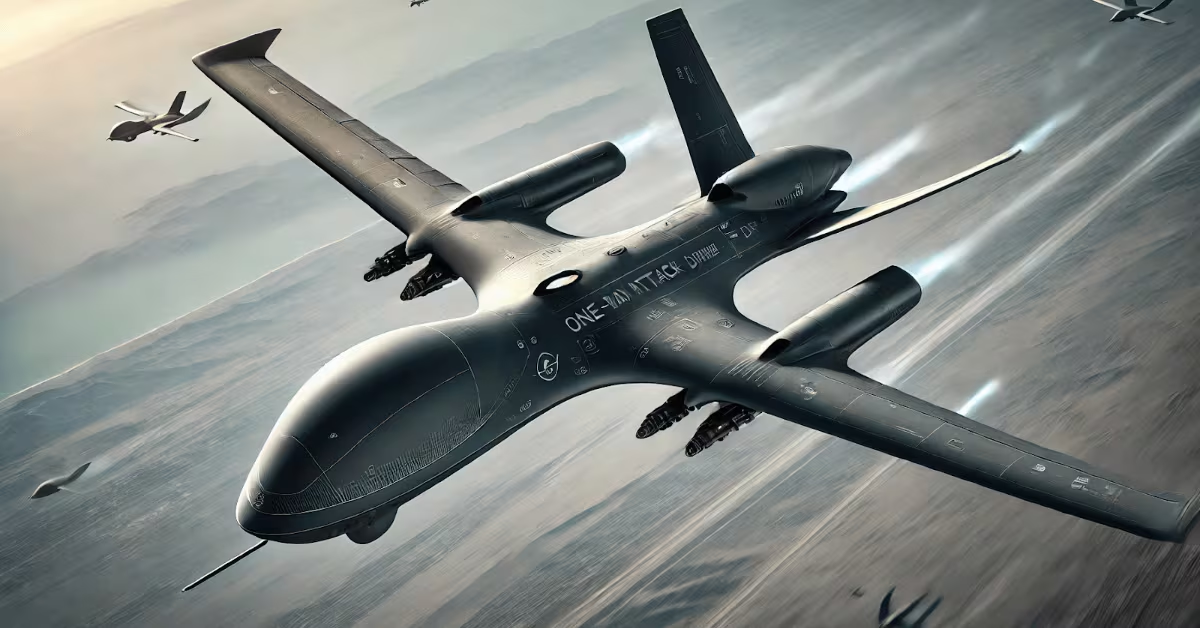JERUSALEM — Israel Aerospace Industries and Emirati defense conglomerate Edge Group will jointly design unmanned surface vessels with a “range of military and commercial applications” under a memorandum of understanding, the companies announced Thursday. They also revealed the establishment of a maintenance center in the United Arab Emirates for the former’s electro-optics systems.
The memo builds on an existing strategic agreement between IAI and Edge announced in March that foresaw the companies working on counter-drone technology.
Thursday’s announcements came as Israel was participating in the Dubai Airshow for the first time, not long after diplomatic relations between Israel and the UAE improved under the Abraham Accords signed in September 2020. IAI also participated for the first time at the UAE-based International Defence Exhibition and Conference in February.
They also comes in the wake of Israeli companies IAI and Rafael Advanced Defense Systems partnering with Emirati firm Group 42 in July 2020, an agreement that presaged the Abraham Accords.
“We are proud to join hands with EDGE in this endeavor, which is another step towards our growing efforts and partnership in the region,” Boaz Levy, CEO and president of IAI, said in a Nov. 18 statement about the USV work.
Faisal Al Bannai, CEO and managing director of Edge, also praised the agreement as an important milestone for the company, saying it will “forge collaborations with leading defence players such as IAI to strengthen our advanced technology portfolio.”
“Through this strategic alliance, we can ensure optimal autonomous operational solutions that minimize risk to human life, address key challenges for various industries, and enable a secure future for all. These developments will open many doors for us in local and global markets, military and commercial alike,” Al Bannai said in a statement.
Levy said the memo brings together the best technological know-how from each company by combining Edge Group subsidiary ADSB’s naval and commercial vessel expertise with IAI’s work on autonomous systems, robotics and artificial intelligence. “While ADSB will design the platform, integrate the control systems and payload, and develop the concept of operations (CONOPS), IAI will develop the autonomous control system and integrate various mission-payloads to the control system units according to the mission requirements,” the companies said in a statement.
The USV will include advanced sonars and imaging systems in a unified command-and-control system, the companies said. The memo foresees building 17-meter USVs for which the cost and quantity were not specified.
“The USV can operate either remotely, semi-autonomously, or autonomously, requiring no human intervention. Designed to suit all customers’ requirements, the bespoke vessel will offer unique capabilities in terms of modularity, payload, range, maneuverability, and performance,” the companies explained, adding that it would be able to perform border and littoral zone patrols as well as intelligence, surveillance and reconnaissance. Those missions could include mine detection and anti-submarine warfare, or serve as a platform for vertical-takeoff-and-landing units.
In August, leading up to the anniversary of the Abraham Accords, IAI Marketing Vice President Sharon Biton said that “the momentum of the Abraham Accords has opened the door for promoting cooperation in the regional ecosystem. Exhibitions, like CyberTech and the upcoming Dubai Airshow, provide IAI with an opportunity to meet local partners and vendors, and broaden the levels of co-production and co-development of systems.”
Other Israeli companies were also in the UAE this week. Elbit Systems announced it would establish a company in the country called Elbit Systems Emirates. Elbit also makes a USV, which it has combined with a UAV, per a July 2020 announcement.
Seth J. Frantzman is the Israel correspondent for Defense News. He has covered conflict in the Mideast since 2010 for different publications. He has experience covering the international coalition against the Islamic State group in Iraq and Syria, and he is a co-founder and executive director of the Middle East Center for Reporting and Analysis.








